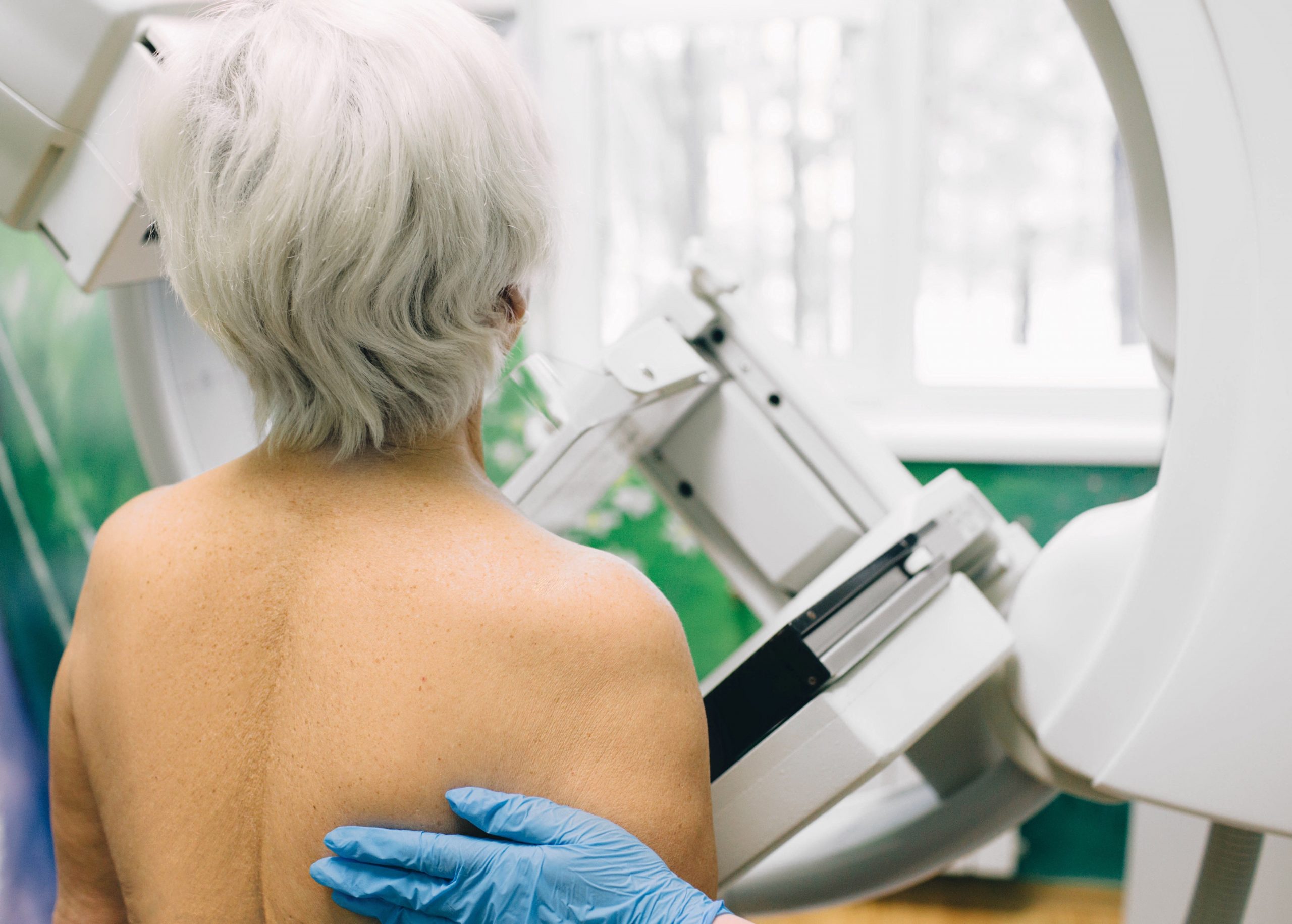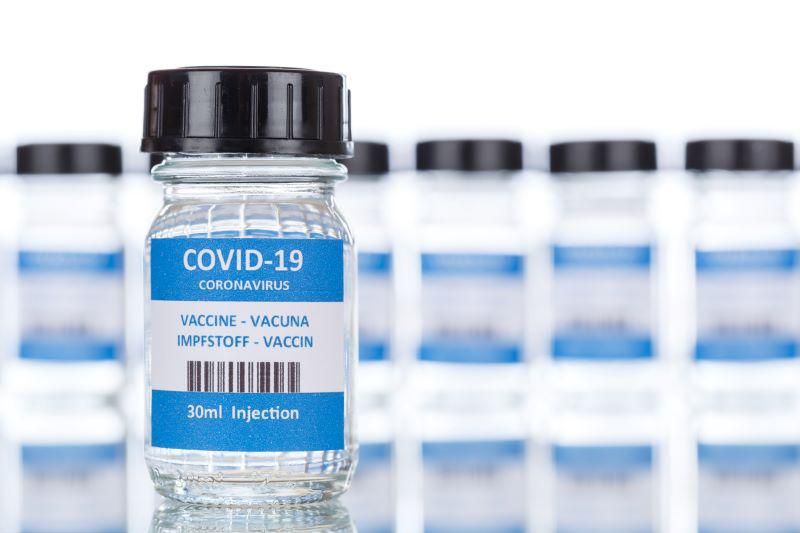
Does your dog struggle to breathe, especially at mealtime? New research suggests the two might often be connected. The University of Missouri researchers discovered that about 75% of dogs who had respiratory disease and were participating in a swallowing study were also found to have one or more digestive tract abnormalities. The scientists have been… read on > read on >






























